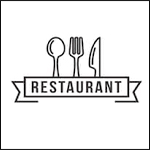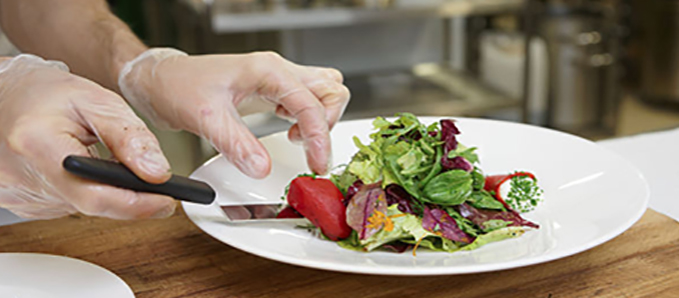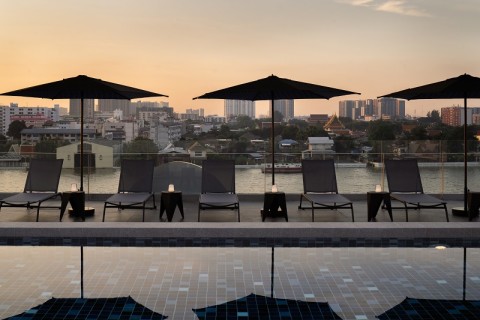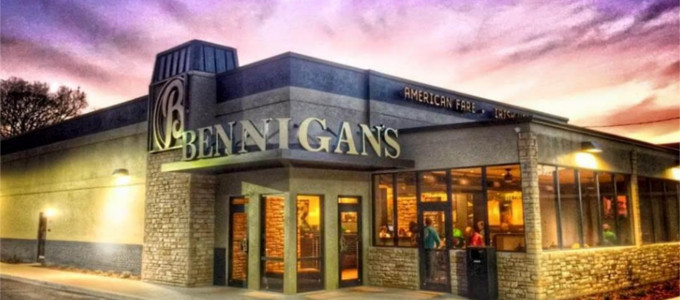 Running a restaurant means inviting guests into your dining room to participate in one of the most basic functions of human existence: eating. Guests arrive at a local restaurant with a reasonable expectation of safety. But look at it from the restaurant owner’s point of view. Do restaurants have any sort of responsibility for guest health and safety?
Running a restaurant means inviting guests into your dining room to participate in one of the most basic functions of human existence: eating. Guests arrive at a local restaurant with a reasonable expectation of safety. But look at it from the restaurant owner’s point of view. Do restaurants have any sort of responsibility for guest health and safety?
In a word, yes. Laws throughout Europe, North America, and most other parts of the developed world require business owners of all types to take every reasonable step to maintain a healthy and safe atmosphere for guests. Restaurants are not excused from such laws.
Here in the UK, safety requirements for restaurants are covered under regulations created and enforced by the Health and Safety Executive (HSE). Restaurant owners can always check the HSE website for details regarding how health and safety regulations apply to their premises.
In the US, the FDA and OSHA are the two agencies most likely to have information about restaurant health and safety. Restaurant owners can also get in touch with their states and local municipalities to learn about rules and regulations at those levels.
Food Handling Rules
The first thing most people think about in relation to restaurant health and safety is food handling. That is with good reason. Food-borne illnesses resulting from poor handling practices are actually quite common. That’s why local municipalities conduct restaurant inspections as frequently as they do.
As a restaurant owner, you have an obligation to make sure every staff member in your employ follows proper food handling procedures at all times. You must ensure they are keeping work surfaces clean. You must enforce hand washing policies. You must make sure refrigeration units are keeping food as cold as it needs to be.
First-Aid Supplies and Equipment
Some legal authorities require restaurants to keep a minimum of first-aid supplies on hand. This would include things like bandages and an automatic emergency defibrillator (AED). But even where no such rules are in place, it doesn’t make sense to not have first aid supplies around. You never know when an emergency will arise.
The thing about first aid supplies is that they are cheap to buy and easy to maintain. You can buy a defibrillator for next to nothing these days. You can stock a first aid cabinet with bandages, burn cream, and just about everything else you need without breaking the bank.
Of course, it also helps to have certain staff members trained in basic first aid. Having someone in-house who knows how to use first aid supplies just makes addressing injuries a bit easier in the heat of the moment.
Slips, Trips, and Falls
Another big area of concern in the restaurant industry is slip, trip, and fall injuries. In light of that, restaurant dining rooms are actually more dangerous than many people know. The biggest concerns are lighting and the amount of space between tables.
Formal dining rooms tend to be dimly lit spaces with tables close together. This presents a particular set of hazards for the elderly, those with mobility issues, and people with visual impairments. What is the solution? Turn up the lights and leave more space for people to walk.
Slip, trip, and fall concerns in a fast food restaurant are more likely to be related to dirty floors. Fast food restaurants are more likely to experience spills that make floors slippery. And in a busy environment with a lot of traffic, there may not be time to mop the floors during the business day.
Sound Issues
Health and safety in the restaurant environment even extend to sound. Restaurants, bars, and pubs that choose to play music at ear-piercing levels are endangering the health and safety of their guests. Unfortunately, this has become a trend in recent years.
It is no longer unusual to go to a restaurant and not be able to have a normal conversation because the music is so loud. When sound levels are so high that people have to scream at one another to be heard, they are in the danger zone. Your decision to blast the music could be harming your guests’ hearing.
Risk Assessments for Restaurants
Here in the UK, restaurants are required to conduct routine risk assessments to ensure the health and safety of both guests and employees. That may not be the case elsewhere. At any rate, conducting risk assessments is always a good idea. They force you to look at how safe your restaurant is and what you could do to improve safety.
Guests enjoy a reasonable expectation of safety when they go out to eat. As a restaurant owner, you have a responsibility to take reasonable measures to guarantee their safety. If you have any questions as to what constitutes a safe environment, check with the appropriate government authorities. They should be able to provide the guidance you need.








